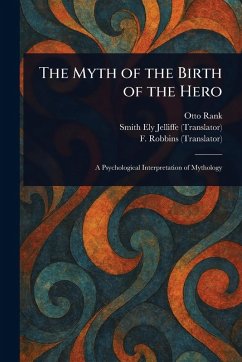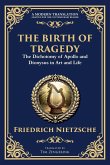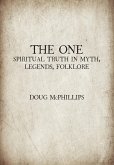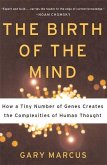Otto Rank's "The Myth of the Birth of the Hero: A psychological interpretation of mythology" explores the enduring human fascination with heroic narratives through the lens of psychoanalysis. Delving into the psychological underpinnings of mythology, Rank examines the recurring archetypes and symbolic language present in hero myths across cultures and throughout history. This seminal work, deeply rooted in Jungian psychology, analyzes the hero's journey as a reflection of universal human experiences and dreams. Rank investigates the psychological significance embedded within these ancient stories, offering insights into the human psyche and the collective unconscious. He connects these mythological motifs to fundamental psychological processes, revealing how the hero's tale resonates with our deepest anxieties and aspirations. A foundational text for anyone interested in the intersection of mythology and psychoanalysis, this book provides a timeless exploration of the psychological aspects of folklore and the enduring power of the heroic ideal. This work has been selected by scholars as being culturally important, and is part of the knowledge base of civilization as we know it. This work is in the public domain in the United States of America, and possibly other nations. Within the United States, you may freely copy and distribute this work, as no entity (individual or corporate) has a copyright on the body of the work. Scholars believe, and we concur, that this work is important enough to be preserved, reproduced, and made generally available to the public. We appreciate your support of the preservation process, and thank you for being an important part of keeping this knowledge alive and relevant.
Bitte wählen Sie Ihr Anliegen aus.
Rechnungen
Retourenschein anfordern
Bestellstatus
Storno









